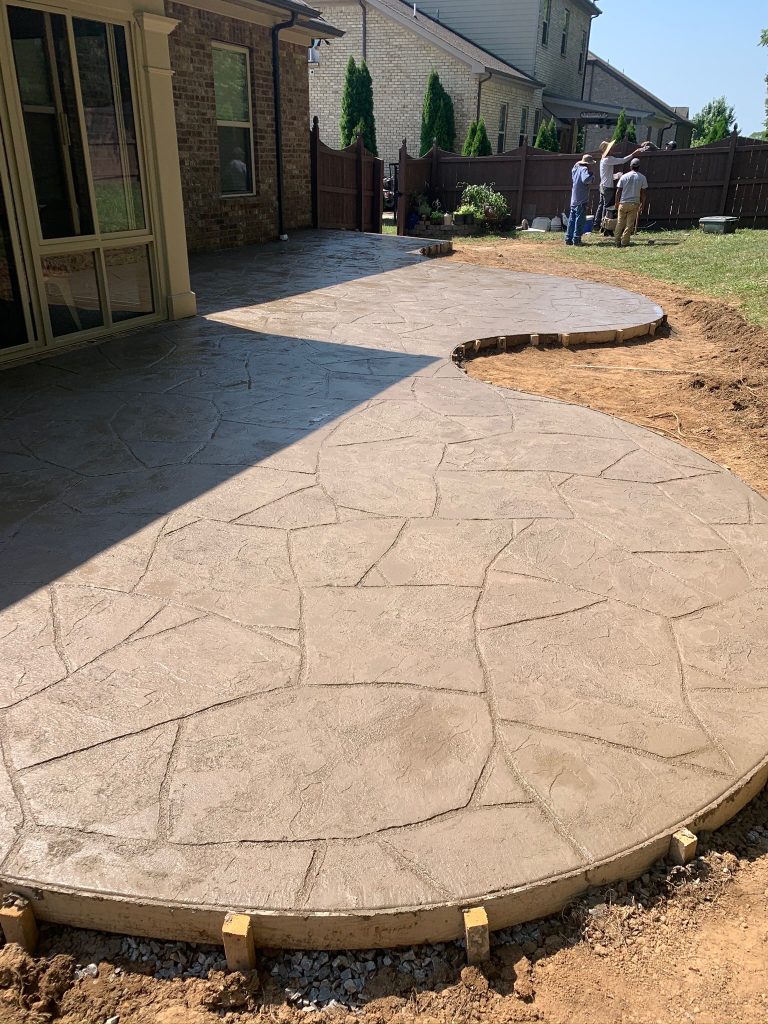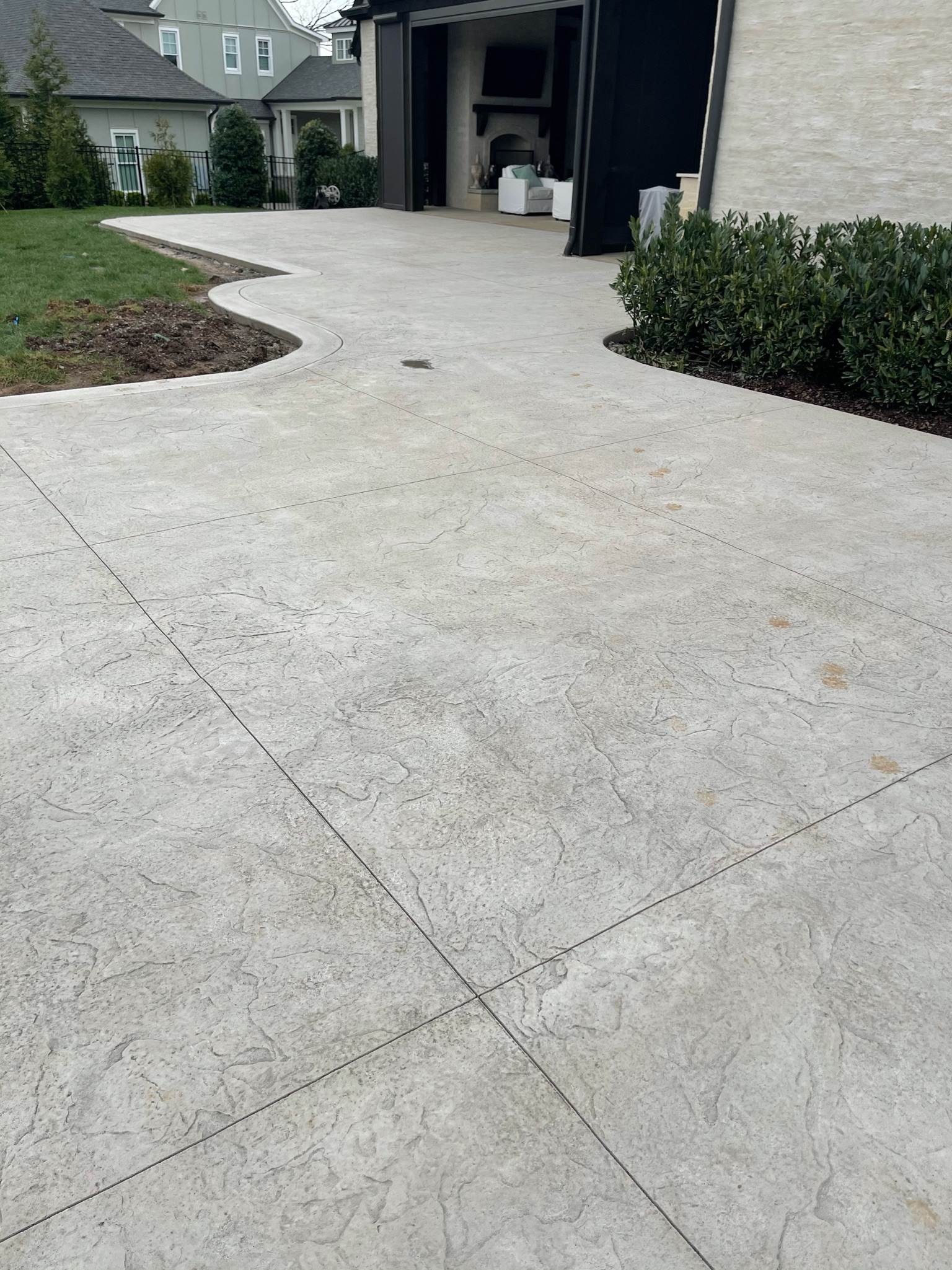Hire the right team to seal and coat your concrete.
If you are looking for professional concrete sealing and staining services in Nashville, you’ve come to the right place. ConcreteCraft has a passion for designing and creating beautiful concrete for your home or business. We look forward to working with you!



